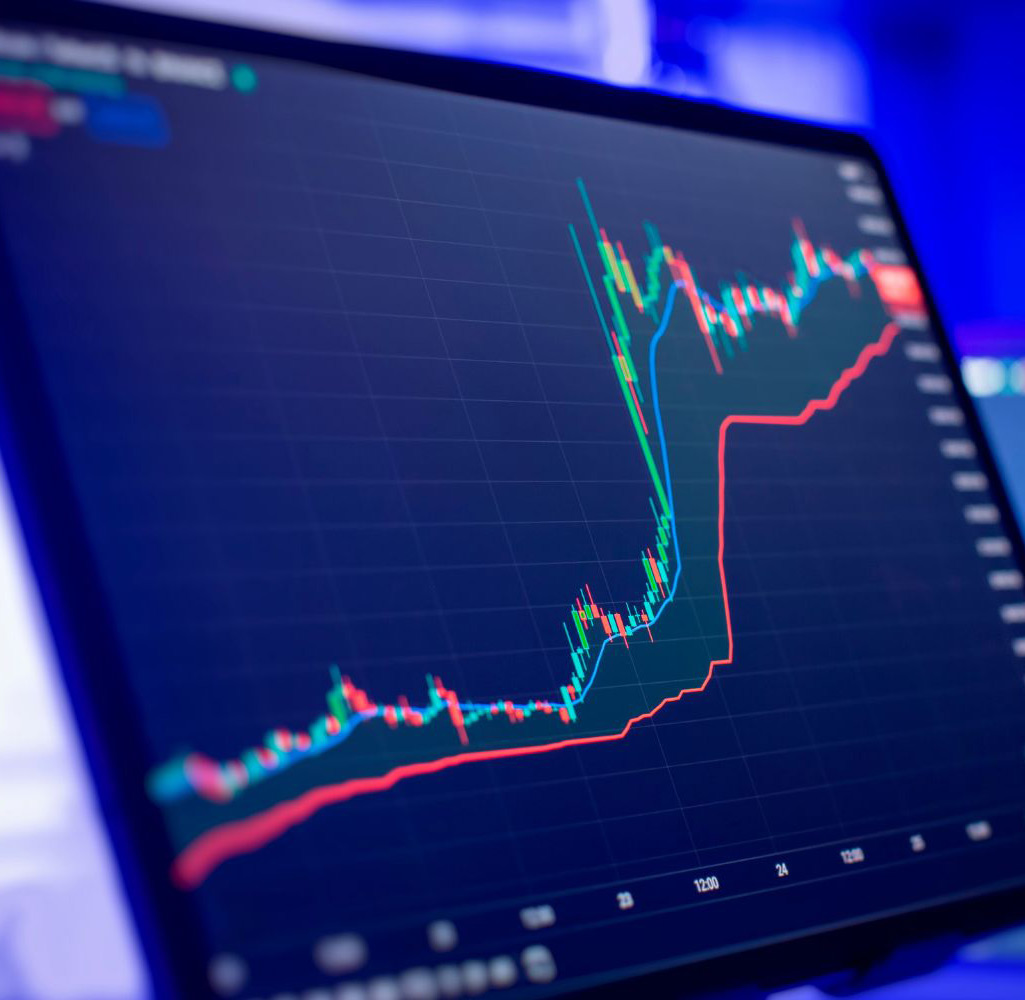
Cryptocurrency Integration: Bridging the Gap Between Forex Trading and Digital Assets
- Posted by admin
- Categories Education Tech
- Date March 12, 2024
The realm of finance is undergoing a transformative shift with the integration of cryptocurrencies into traditional markets, particularly forex trading. As digital assets continue to gain mainstream acceptance, traders are exploring new avenues for diversification and profit generation. In this article, we delve into the intersection of cryptocurrency and forex trading, exploring how these two worlds are influencing each other.
The Rise of Cryptocurrencies in Forex Trading
Cryptocurrencies, led by Bitcoin, Ethereum, and a myriad of altcoins, have emerged as a disruptive force in the financial landscape. Initially viewed with skepticism, digital assets have gained widespread acceptance and adoption among investors and traders. Forex markets, known for their liquidity and volatility, have become a natural fit for cryptocurrency integration, offering new opportunities for traders to diversify their portfolios and capitalize on market movements.
Factors Driving Cryptocurrency Integration into Forex Trading
- Volatility and Profit Potential: Cryptocurrencies are renowned for their volatility, presenting traders with ample opportunities for profit generation. By integrating cryptocurrencies into forex trading, traders can access additional volatility and potentially higher returns compared to traditional currency pairs.
- Market Access and Liquidity: The proliferation of cryptocurrency exchanges and trading platforms has facilitated seamless access to digital assets for forex traders. Increased liquidity in cryptocurrency markets has further enhanced their attractiveness as tradable instruments, enabling traders to execute orders efficiently.
- Diversification and Risk Management: Cryptocurrencies offer traders a means of diversifying their portfolios and managing risk exposure. By incorporating digital assets alongside traditional forex pairs, traders can hedge against currency-specific risks and diversify their trading strategies.
- Technological Advancements: Blockchain technology, the backbone of cryptocurrencies, has ushered in a new era of innovation in finance. Forex brokers and trading platforms are leveraging blockchain technology to enhance security, transparency, and efficiency in forex trading, fostering greater trust and confidence among traders.
Impacts of Cryptocurrency Integration on Forex Trading
- Increased Market Dynamics: The integration of cryptocurrencies into forex trading has injected new levels of dynamism and volatility into the markets. Traders must adapt to the evolving landscape, incorporating digital assets into their trading strategies and risk management frameworks.
- Expanded Trading Opportunities: Cryptocurrency integration has expanded the universe of tradable instruments available to forex traders, offering exposure to emerging digital assets and blockchain-based projects. Traders can capitalize on market inefficiencies and arbitrage opportunities across different asset classes.
- Regulatory Considerations: The regulatory landscape surrounding cryptocurrencies remains complex and evolving. Forex traders must navigate regulatory uncertainties and adhere to compliance standards when trading digital assets, ensuring adherence to anti-money laundering (AML) and know your customer (KYC) regulations.
- Technological Innovation: Cryptocurrency integration has spurred technological innovation in forex trading, driving the development of advanced trading platforms, algorithmic trading strategies, and decentralized finance (DeFi) solutions. Traders can leverage cutting-edge technology to optimize their trading performance and stay ahead of the curve.
Conclusion
Cryptocurrency integration is reshaping the landscape of forex trading, blurring the lines between traditional and digital markets. As digital assets continue to gain traction, forex traders must embrace innovation and adapt to the evolving landscape. By understanding the factors driving cryptocurrency integration, recognizing the impacts on forex trading, and leveraging technological advancements, traders can capitalize on the opportunities presented by this dynamic convergence of markets.
Previous post



